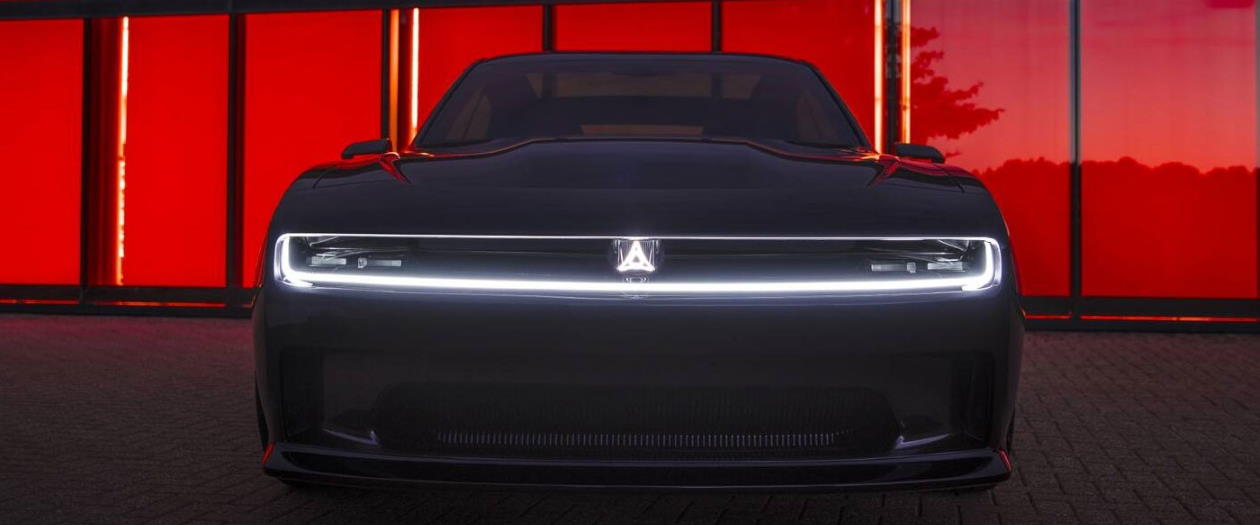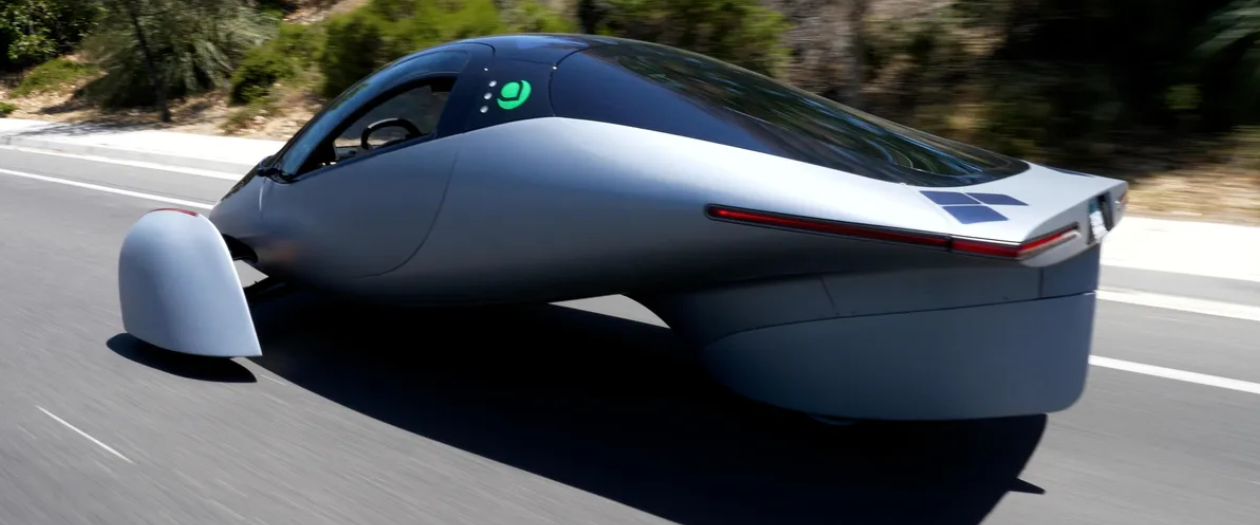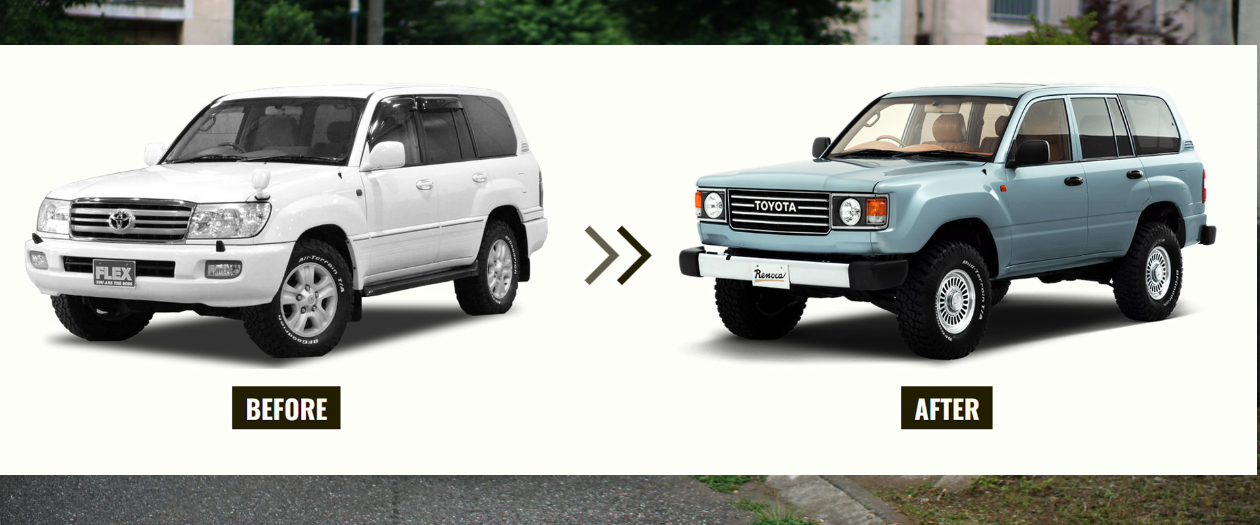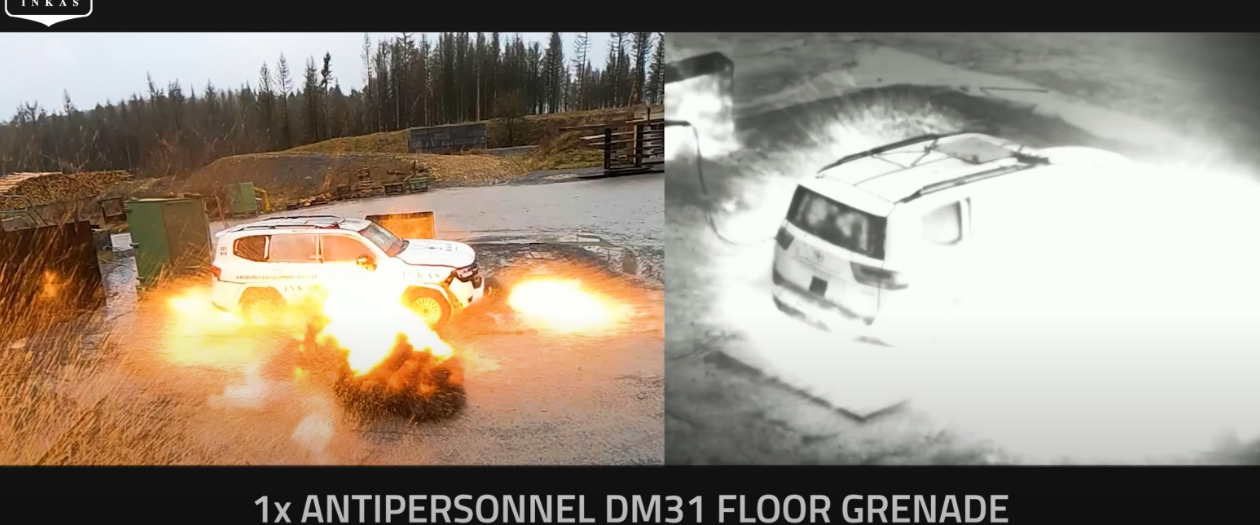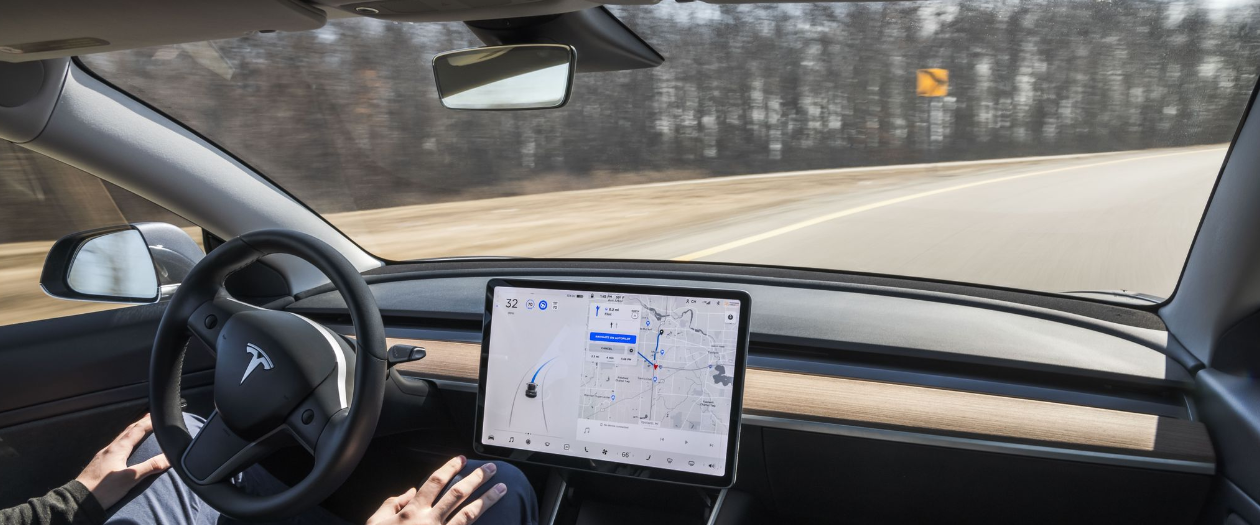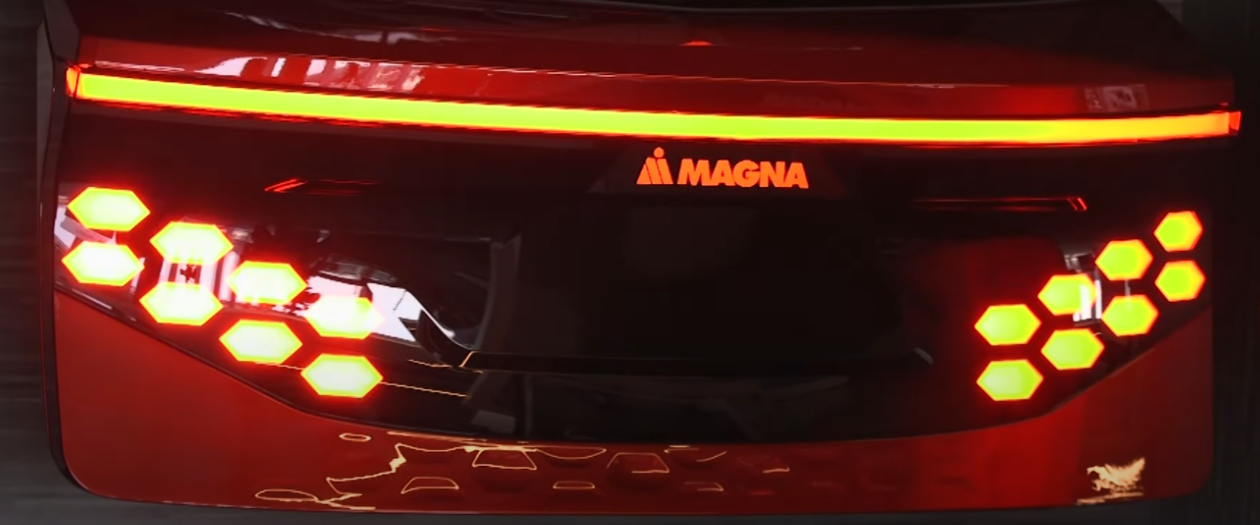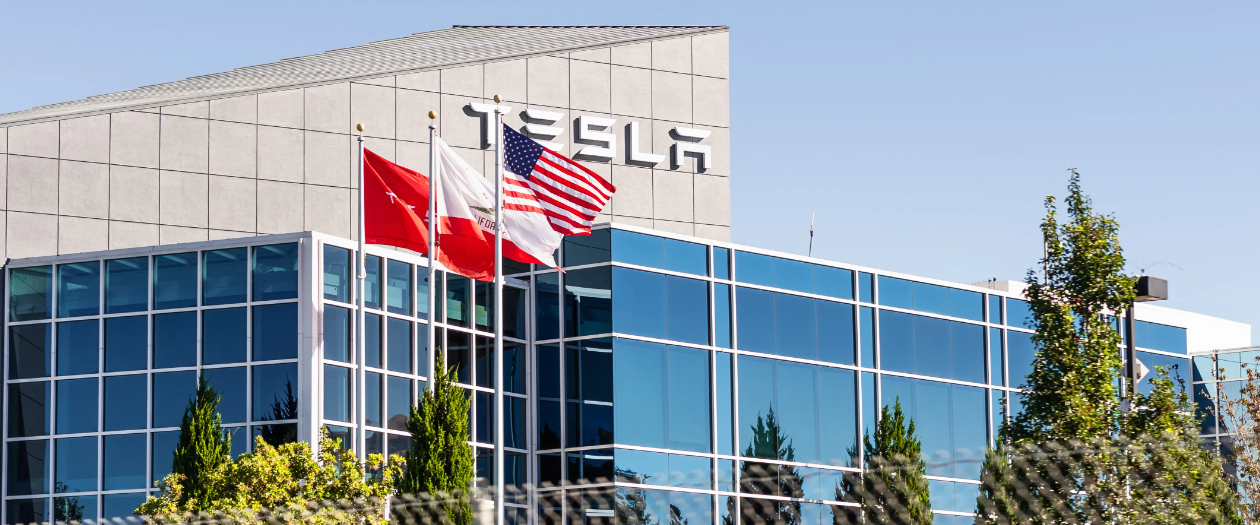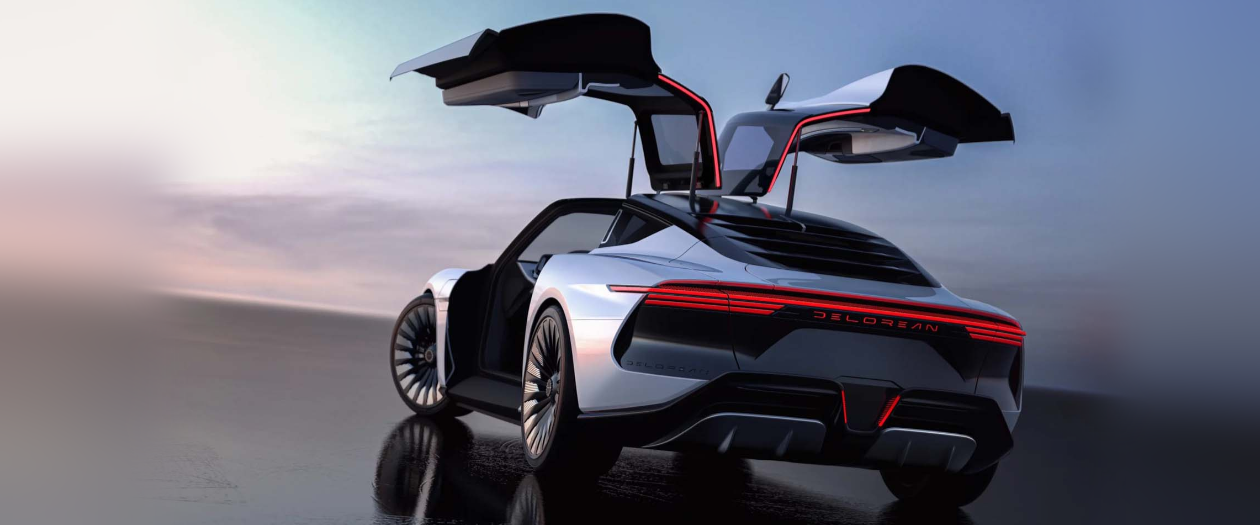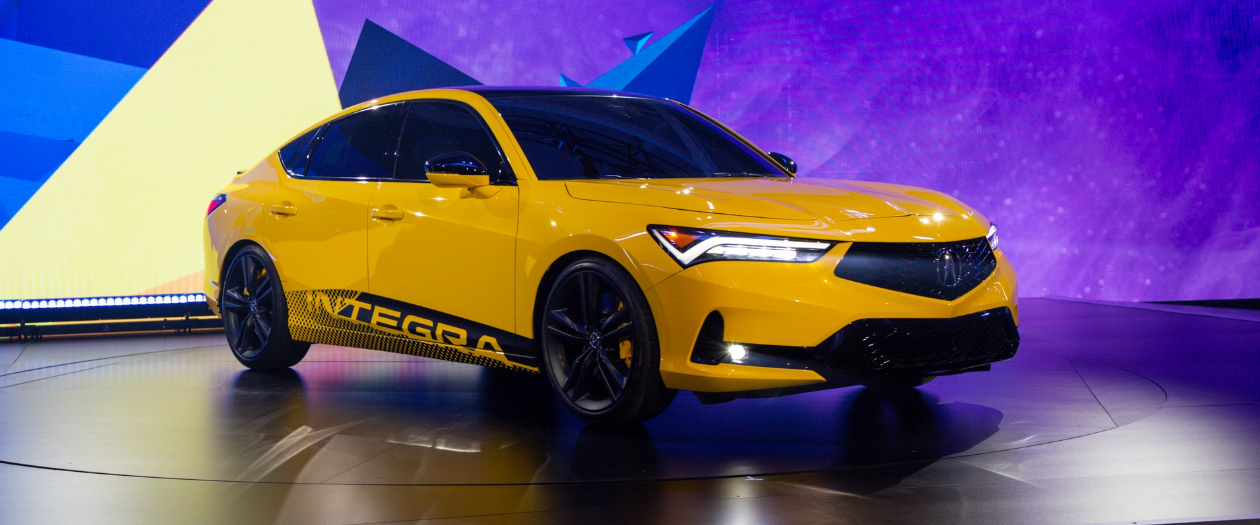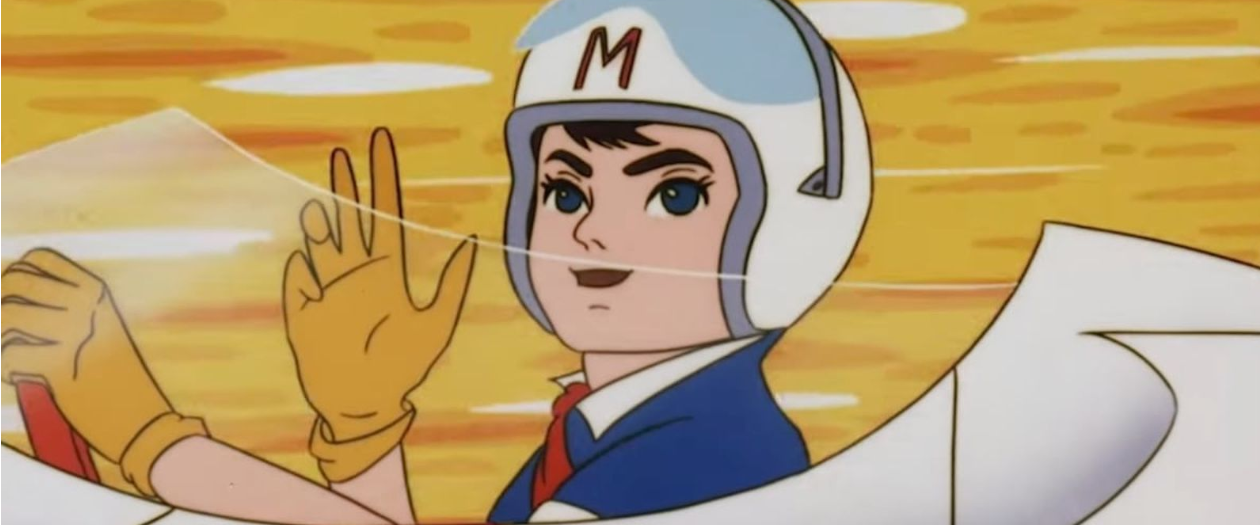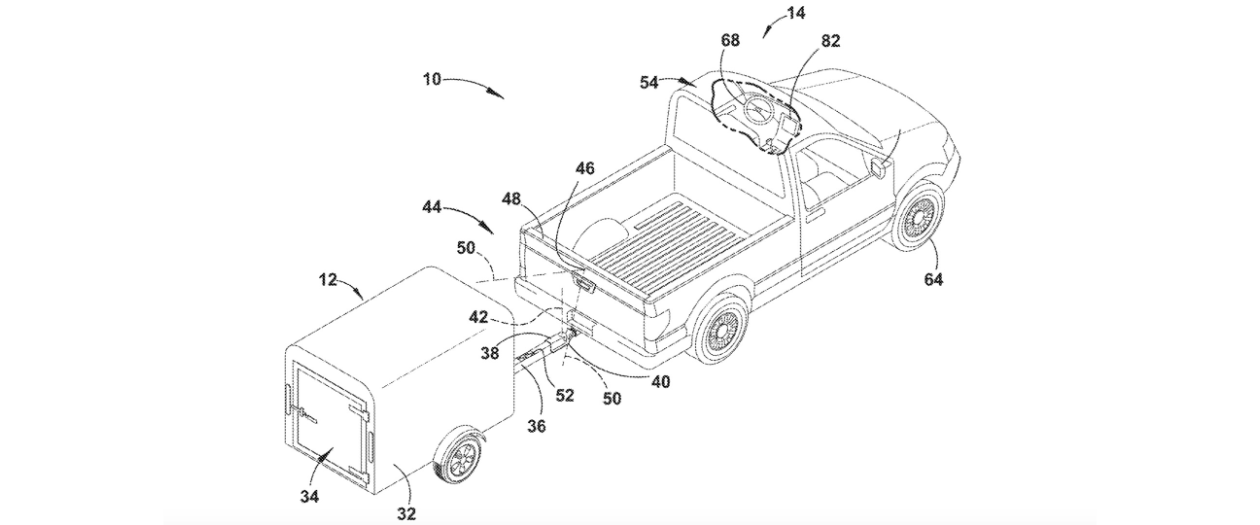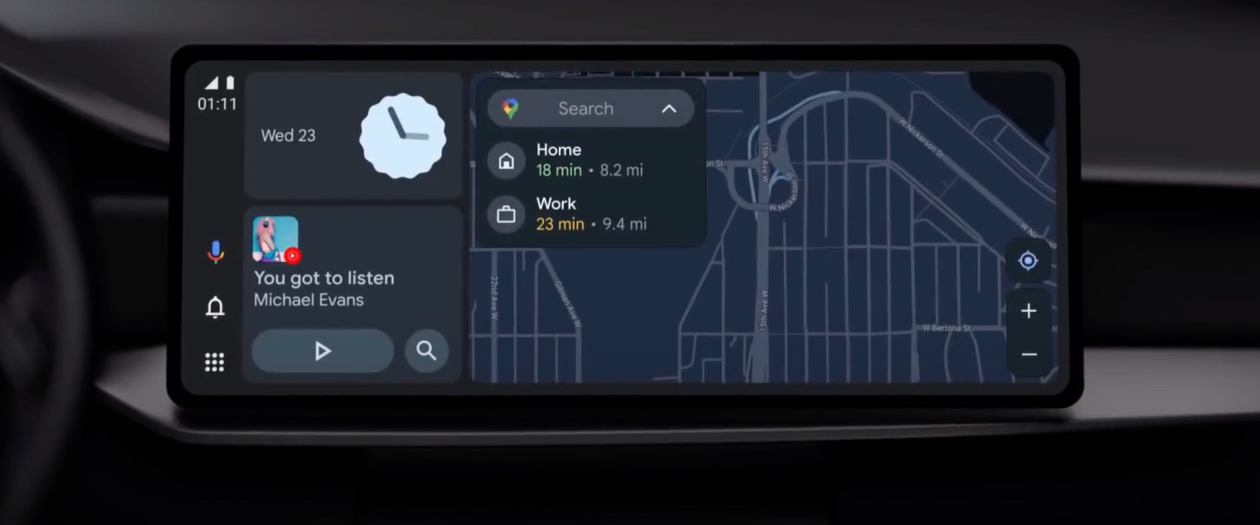Ecological sustainability has been a big concept in the automotive world. While most of the focus has been on powertrains, Volvo gives us a look at what sustainability means when it comes to the interior cabin.
Earlier this week, Volvo shared some details regarding the Concept Recharge. In this specific case, we get a look at how the materials in the passenger cabin can also play a part in reducing carbon emissions. This is primarily through changing the materials used in production, opting for greener methods of creation and collection.
The seats, instead of traditional leather, are made of “Swedish wool” for the backrest, panel top, lower doors, and carpeting. This is complemented by Tencel on the seat cushions and doors. This material, made from plants, make for a greener alternative to certain plastics. Flax composite is used around the interior as well to further help reduce plastic usage.
The seat backs, headrest, and steering wheel use a new material that Volvo claims to have developed themselves. While details were not provided, it claims to be made from a combination of recycled material and sustainably sourced materials from the forests of Sweden and Finland. The automaker claims that this practice allows for a 74% lower CO2 footprint than using leather.
We first learned about the Concept Recharge in June. It was a fully electric station wagon with a very futuristic design. The entire focus for the model was on improving the environmental impact of a vehicle. Going the extra green mile for the interior fits perfectly into this vision.
It’s impressive, to say the least. With ecology in mind, they found what seems like a very effective way to reduce carbon footprints. There are still a few concerns, though. Does the material last as long as traditional materials? Are they more prone to wear or breakage? And what is the cost? If concerns like this aren't addressed, it will be difficult to get the standard consumer onboard. If your average shopper was environmentally friendly, we might not be in the global mess we’re in now, after all.
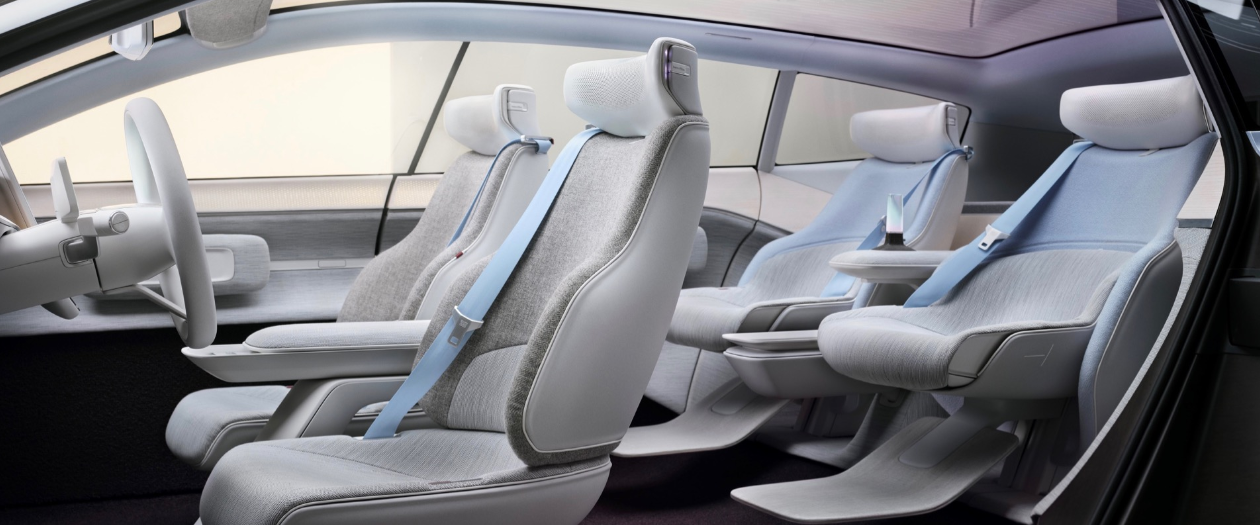
Volvo Details The Concept Recharge's Environmentally Friendly Cabin
Posted By: LizardRock | 0 Comment(s)
Posted On: Nov 19, 2021 @ 03:06 PM

